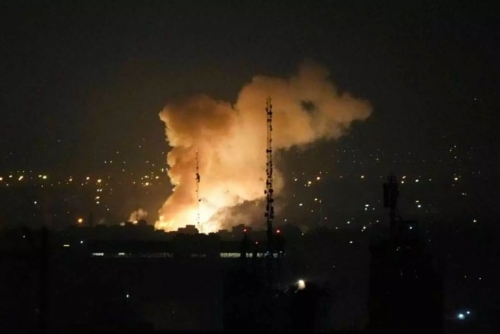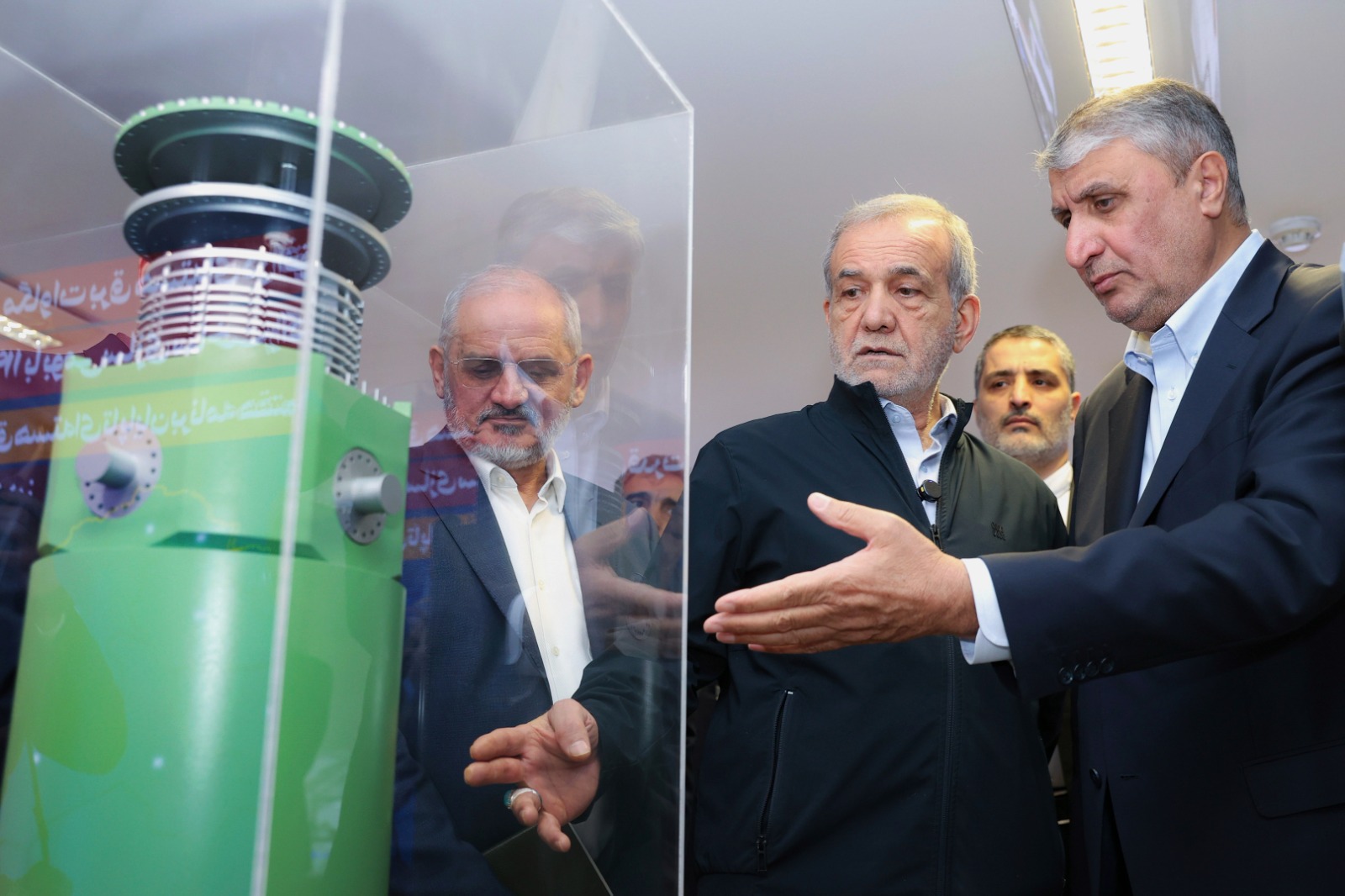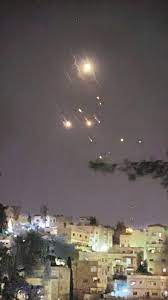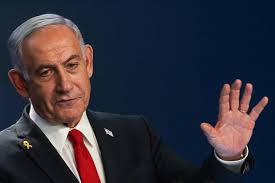Tensions Soar as Israel Launches Massive Strikes on Iran
TDT | Manama
Email : ashen@newsofbahrain.com
In a dramatic and dangerous escalation in the Middle East, Israel launched a major military operation against Iran early Friday morning, targeting nuclear facilities, missile factories, and military leaders.
The operation, code-named “Rising Lion,” unfolded in five waves of airstrikes, with fighter jets pounding key Iranian sites—including the country’s main uranium enrichment plant in Natanz, military bases around Tehran, and residential complexes where top commanders reportedly lived.
Israeli Prime Minister Benjamin Netanyahu called the strikes a “decisive moment” aimed at stopping Iran from developing nuclear weapons. He warned that the operation could last for days. Israel also declared a state of emergency, anticipating possible retaliation from Iran in the form of missile or drone attacks.
Heavy Losses and Civilian Impact
Iranian state media confirmed the death of Hossein Salami, chief of the Revolutionary Guard Corps, and two prominent nuclear scientists—Fereydoun Abbasi and Mohammad Mehdi Tehranchi—in the strikes.
Beyond military targets, residential areas in Tehran were also hit, killing several children and causing significant civilian casualties. Videos and images circulating online showed destroyed buildings, streets littered with debris, and terrified families fleeing their homes.
Explosions were also reported in Isfahan, Arak, Kermanshah, and Khorramabad, where a missile base was among the sites hit.
Iran Vows Retaliation
Iran’s Supreme Leader Ayatollah Ali Khamenei vowed a “harsh punishment” in response, calling the strikes an act of war. Iran’s Foreign Ministry claimed the attacks were coordinated with the U.S.—an allegation Washington quickly denied—asserting that Tehran had the “legal and legitimate right” to respond.
Senior Iranian officials warned of retaliation not just against Israel, but also potentially against U.S. interests in the region.
U.S. Response and Diplomatic Fallout
The U.S. government stressed it had no role in the operation. Secretary of State Marco Rubio stated that Israel acted on its own, while President Trump convened a National Security Council meeting to assess the situation. The U.S. also reaffirmed that while it would help defend Israel, it would not provide offensive support.
Despite the crisis, U.S.-Iran nuclear talks were still set to continue on June 15 in Oman, though the airstrikes have cast serious doubt on the prospects of diplomacy.
Global Reaction and Economic Shockwaves
The United Nations Secretary-General condemned the military escalation and expressed concern about attacks on nuclear facilities during delicate negotiations. Meanwhile, global markets reacted immediately—oil prices jumped nearly 12%, and U.S. stock futures fell on fears of further instability.
Why Now?
Israeli intelligence reportedly concluded that Iran had accumulated enough enriched uranium for up to 15 nuclear bombs. The preemptive strikes came just days after Iran threatened to reveal secret documents related to Israel’s own nuclear arsenal and ramped up its uranium enrichment following a UN nuclear watchdog resolution.
The U.S., sensing the potential for escalation, had already withdrawn non-essential personnel from Iraq and other parts of the region.
What’s Next?
With both nations digging in, the world watches nervously. The coming days are likely to bring more violence, deeper geopolitical rifts, and lasting consequences—not just for the Middle East, but for global peace and stability.
Related Posts




